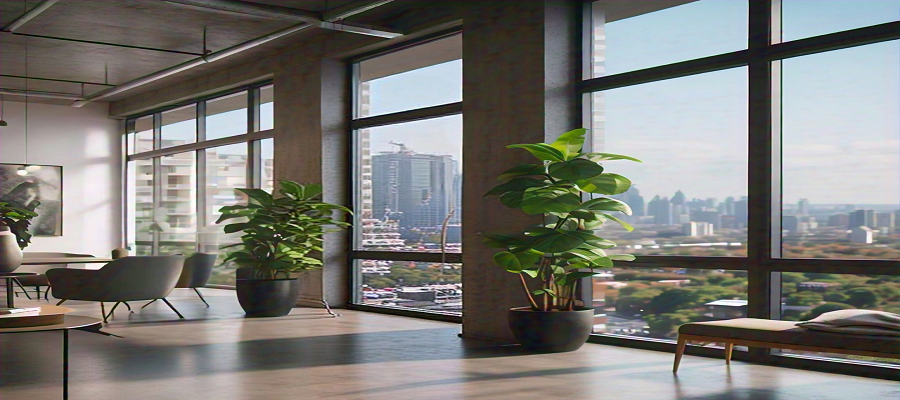
Tenant Resources
Tenant Tips for a Smooth Rental Experience:
As a tenant, it's important to protect your rights and maintain a positive relationship with your landlord. Always keep copies of your lease and maintenance requests. Communicate openly and promptly with your landlord, and document any issues with photos and videos. Pay rent on time and familiarize yourself with your state's landlord-tenant laws.
Free Tenant Resources:
Empower yourself with essential tenant information. Find the perfect rental, understand your rights, and simplify your landlord process with our free, customizable forms. Create, save, and sign online, anytime, anywhere.
The perfect rental property is a balance of factors. Tenants often prioritize location, budget, and amenities when making their choice.
Budgeting for Your Perfect Rental
The monthly rent is often the biggest factor when choosing a new home or office space. To ensure a comfortable fit for your budget, consider the following:
- Square Footage and Pricing: Landlords typically charge a rate per square foot. Research average rates in your desired neighborhood to estimate monthly costs.
- Upfront Costs: Be prepared for a security deposit and first month's rent. Some landlords may offer flexible payment plans to ease the initial financial burden.
Beyond the Basics: Key Considerations
While budget is crucial, other factors can significantly impact your rental experience:
- Neighborhood Safety: Research crime rates and local amenities to ensure a safe and convenient living environment.
- School Districts: If you have children, consider the quality of nearby schools and their impact on property values.
- Utility Costs: Factor in utility expenses, especially if they're not included in your rent. Check local regulations and potential deposit requirements.
- Property Inspection: Before signing a lease, conduct a thorough inspection with your landlord. Document any existing damages or maintenance needs.
- Landlord Verification: Verify the landlord's legitimacy to avoid potential scams. You can often check property ownership records online.
By carefully considering these factors, you can find a rental property that aligns with your budget and lifestyle.
To find more specific information about housing assistance and resources in your state, please select your state from the dropdown menu below.
Tenant Questions and Answers
Q: Does my landlord have to renew my lease?
A: No, your landlord doesn't have to renew your lease. They can choose to sell the property or have new tenants move in. In most states, your landlord must give you a 30-day notice before the lease ends.
Q: Can my landlord raise the rent before my lease ends?
A: In most cases, yes. Your landlord can raise the rent, unless your lease specifically states otherwise.
Q: Can my landlord turn off my utilities if I don't pay rent?
A: Usually, no. Your landlord can't disconnect your utilities without following proper eviction procedures. However, if your lease says they can, they may be able to do so.
Important Note: Always have utilities in your name to avoid potential issues.
Q: Am I responsible for landscaping?
A: If you live in an apartment, the landlord usually handles landscaping. If you live in a single-family home, you're typically responsible.
Q: Am I responsible for HOA or POA fines?
A: Yes, you may be responsible for fines if you violate HOA or POA rules. However, you're not responsible for fines caused by the landlord or previous tenants.
Q: What does a 3-day notice mean?
A: A 3-day notice means you have three days to pay overdue rent or move out. If you don't, your landlord can start the eviction process.
Q: Does eviction go on my credit report?
A: Yes, an eviction judgment can negatively impact your credit score.
Q: Is my landlord responsible for repairs?
A: Landlords are responsible for maintaining the property in habitable condition. This includes essential systems, appliances, and structural integrity.
Q: Can I break my lease early?
A: In most cases, no. However, if your landlord fails to maintain the property, you may be able to break your lease. Document the issues, notify your landlord, and consult local laws.
Remember, it's important to understand your rights as a tenant and to communicate with your landlord effectively. If you have any legal questions, consult with an attorney.